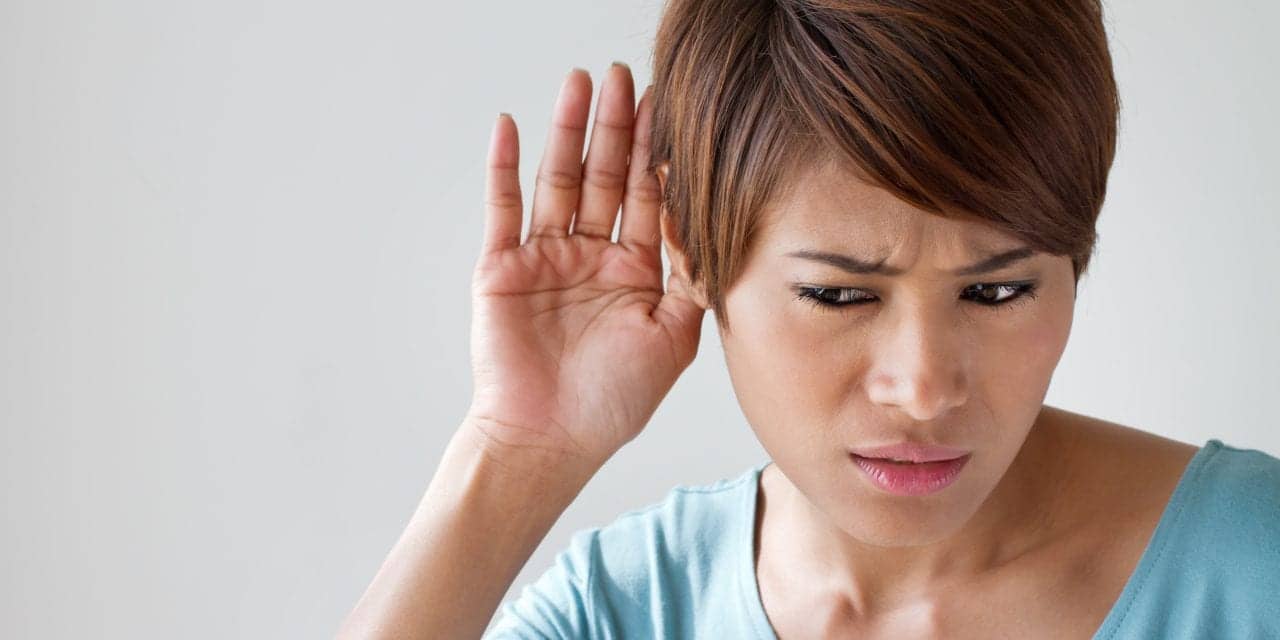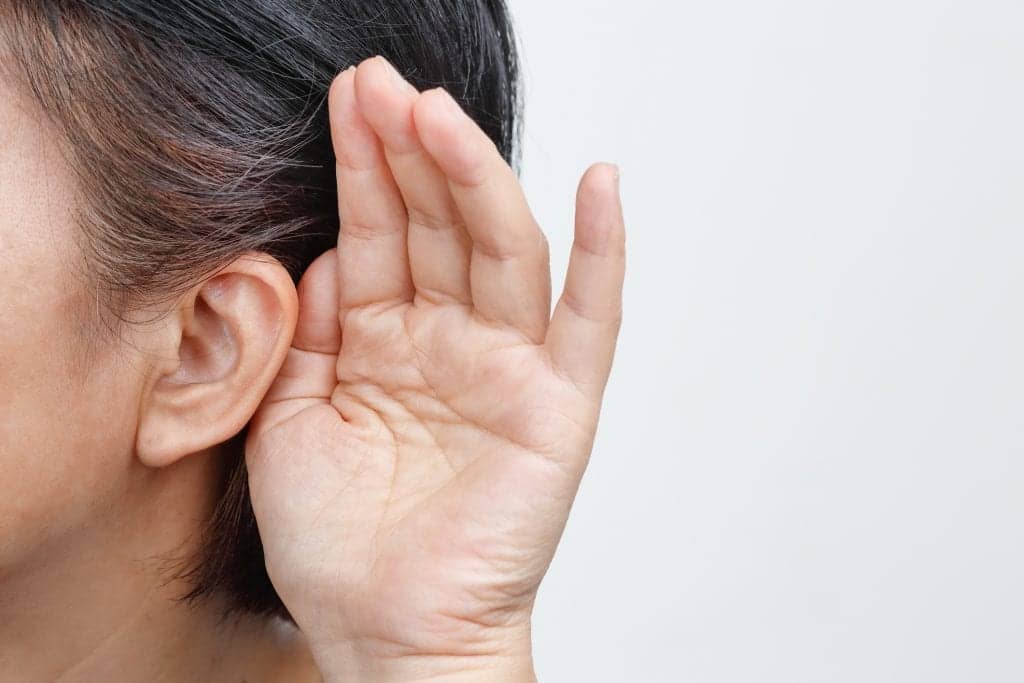American females 65 years and older have much better hearing than their counterparts nearly a decade ago, according to a recent study published in Aging and Health Research.
Related article: University of Nottingham Launches Hearing Loss Study
In 2008, 16.3% of older adults in the United States reported serious hearing loss. In 2017, the prevalence had declined to 14.8%. While this decline appears small, if the prevalence of serious hearing loss had remained at the same level as in 2008, an additional 793,000 Americans would have suffered from serious hearing loss in 2017. An article detailing the research appears on the EurekAlert website.
“The reduction in hearing loss in older Americans has important implications for our society,” said corresponding author, Dr Esme Fuller-Thomson, director of University of Toronto’s Institute of Life Course and Aging and professor at the Factor-Inwentash Faculty of Social Work. “Hearing loss is one of the most common chronic problems affecting older adults. It can negatively impact their health and quality of life. This finding is particularly encouraging as the Baby Boom cohort progresses into older adulthood. The decline in prevalence of hearing loss can partly offset the burden on families, caregivers, and the healthcare system.”
The study utilizes data from 10 consecutive waves (2008-2017) of the nationally representative American Community Survey. In each year, the survey engaged a sample of approximately half a million American respondents aged 65 and older, including both those who lived in institutions such as long-term care homes and those who lived in the community. A total of 5.4 million older Americans were included in the study. Hearing problems were assessed based on response to the question “Is this person deaf or does he/she have serious difficulty hearing?”
While the study observed an overall decline in serious hearing loss among older adults, one surprising finding emerged.
“Interestingly, we found that the improvements observed are mostly among females,” said co-author ZhiDi Deng, a pharmacy student at University of Toronto. “In fact, the downward trend in hearing loss appears to be entirely driven by declines within the female population after taking into account age and race.”
Over the decade, the odds of serious hearing loss declined 10% among females. In contrast, males experienced a 2% increase in hearing loss during this same period. In subgroup analyses of males and females aged 65-74, 75-84, and 85+, the same pattern appears to hold true. After adjusting for age and race, the odds of hearing loss over the decade showed reductions in females of all age cohorts and demonstrated increases in males of all age cohorts, with the exception of males aged 75-84.
The authors proposed several potential explanations for the observed findings, including sex/gender differences in anatomy, smoking habits, and noise exposures. However, the dataset used by this study does not allow exploration of the potential mechanisms causing the differences in hearing loss.
“More research is needed to understand the extraordinary differences in the 10-year prevalence of hearing loss between older American males and females,” said Fuller-Thomson. “Identifying the causes and driver behind the sex differences in hearing loss can help us design preventative strategies to better support our aging population.”
Original Paper: Deng Z, Fuller-Thomson E. Findings from a nationally representative sample of older Americans. Aging and Health Research. 2021;100048. DOI: https://doi.org/10.1016/j.ahr.2021.100048.
Source: EurekAlert, Aging and Health Research






as a hearing therapist, counselor and hearing aid specialist for 25 years, my advise to all patients has been to never use earbuds or earpods for listening to music. The category of my patients has mostly been 65-75 women who may now just be having borderline to mild hearing losses, all SNHL!
If we can get the world to stop using earpods and in the ear devices for amplification, we can virtually eliminate most hearing losses!
How about newer hearing aids that are built to stream audio?